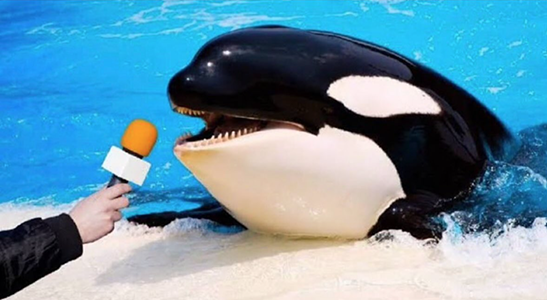Oceans face a massive fossil fuel combustion wastewater problem from ships, and world leaders must act now to stop further pollution
||| FROM STAND.EARTH |||
Unceded Coast Salish Territories (VANCOUVER, BC) and Traditional Lummi and Nooksack Lands (BELLINGHAM, WA) — Around the world, oceans and coastal communities face major threats from a growing and unnecessary ship pollution wastestream from systems called scrubbers, and the risks posed to human health and marine ecosystems will only continue to increase unless pollution-generating technologies are banned.
This is according to a new report released by the International Council on Clean Transportation (ICCT) today, which found that the world’s oceangoing vessels discharge 10 gigatonnes of wastewater from Exhaust Gas Cleaning Systems (ECGS), or scrubbers, per year — and the problem is growing exponentially. This is nearly equivalent to the total amount of cargo that ships carry globally each year, which is 90 percent of all global trade.
The ICCT revealed that Vancouver, B.C. is the fourth most impacted port in the world by scrubber discharges as a result of heavy cruise ship dumping. The U.S. also has the largest volume of scrubber wastewater discharge, and Florida Keys and parts of the Caribbean are facing some of the harshest impacts, also as a result of heavy cruise ship traffic. The incredibly vulnerable Great Barrier Reef is also faced with significant threats from scrubber dumping, as the hot, acidic wastewater compounds the impacts of climate change driven ocean acidification.
“Scrubber dischargers are thermal and acidic, and are laden with carcinogens, heavy metals, and many other toxic contaminants,” said Anna Barford, Canada Shipping Campaigner for Stand.earth. “The last thing the ocean needs is another source of acidification and carcinogenic compounds that harm our ecosystems. Coastal communities and threatened and endangered marine species depend on healthy oceans. Transport Minister Alghabra and Prime Minister Trudeau must act swiftly to protect the coasts by banning the use of scrubbers in Canadian waters.”
Scrubber wastewater is an entirely voluntary wastestream. Ships only install these systems to comply with more stringent air sulfur emissions standards while continuing to burn dirt-cheap, ultra-dirty heavy fuel oil. Cleaner, low sulfur fuels are available now, and its use would eliminate the need for the use of scrubbers entirely.
Last summer, Canada’s West Coast was spared from exposure to billions of litres of pollution due to ramped up COVID-19 regulations, which was extended to February 2022. Canada’s shipping pollution regulations have been amended several times since they were adopted in 2012, but do not address scrubbers in a Canadian context. Of particular note is that Canada has not requested that any of its waters be designated by the International Maritime Organization as Particularly Sensitive Sea Areas, which is intended to protect vulnerable marine ecosystems from the impacts of international shipping. The U.S. is also largely unprotected, especially relative to Europe, which has designated its entire Western Waters as Particularly Sensitive.
In spite of North America’s laggards, smaller countries like Egypt, Panama, Singapore, and Bahrain are leading the way on policy changes such as banning discharges while ships are in port, or travelling through narrow canals.
“This report reveals the shocking state of play for scrubber discharges, and lack of leadership in North America,” said Kendra Ulrich, Director of Shipping Campaigns at Stand.earth. “Ships could use readily available cleaner fuel that would eliminate the need for scrubbers, but are instead opting to maximize profits at the expense of public and ocean health. President Biden and Prime Minister Trudeau are at a turning point. They can either ban scrubbers under their shared Emissions Control Area, or allow the devastating impacts of hot, acidic, toxin-laden waste dumping to grow at a time when fragile marine ecosystems are fighting for survival.”
Stand.earth is calling on U.S. president Joe Biden and Canada Prime Minister Justin Trudeau to immediately update and strengthen regulations that protect our coastlines by banning the use of and discharges from scrubbers in all U.S. and Canadian waters.








